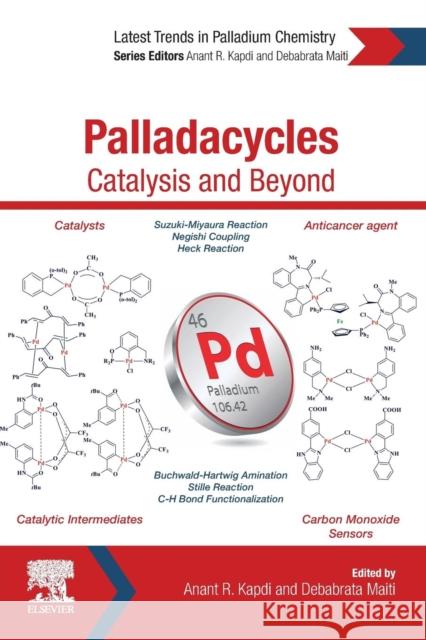Palladacycles: Catalysis and Beyond » książka
topmenu
Palladacycles: Catalysis and Beyond
ISBN-13: 9780128155059 / Angielski / Miękka / 2019 / 420 str.
Kategorie:
Kategorie BISAC:
Wydawca:
Elsevier
Język:
Angielski
ISBN-13:
9780128155059
Rok wydania:
2019
Ilość stron:
420
Waga:
0.56 kg
Wymiary:
22.86 x 15.24 x 2.18
Oprawa:
Miękka
Wolumenów:
01
Dodatkowe informacje:
Bibliografia











